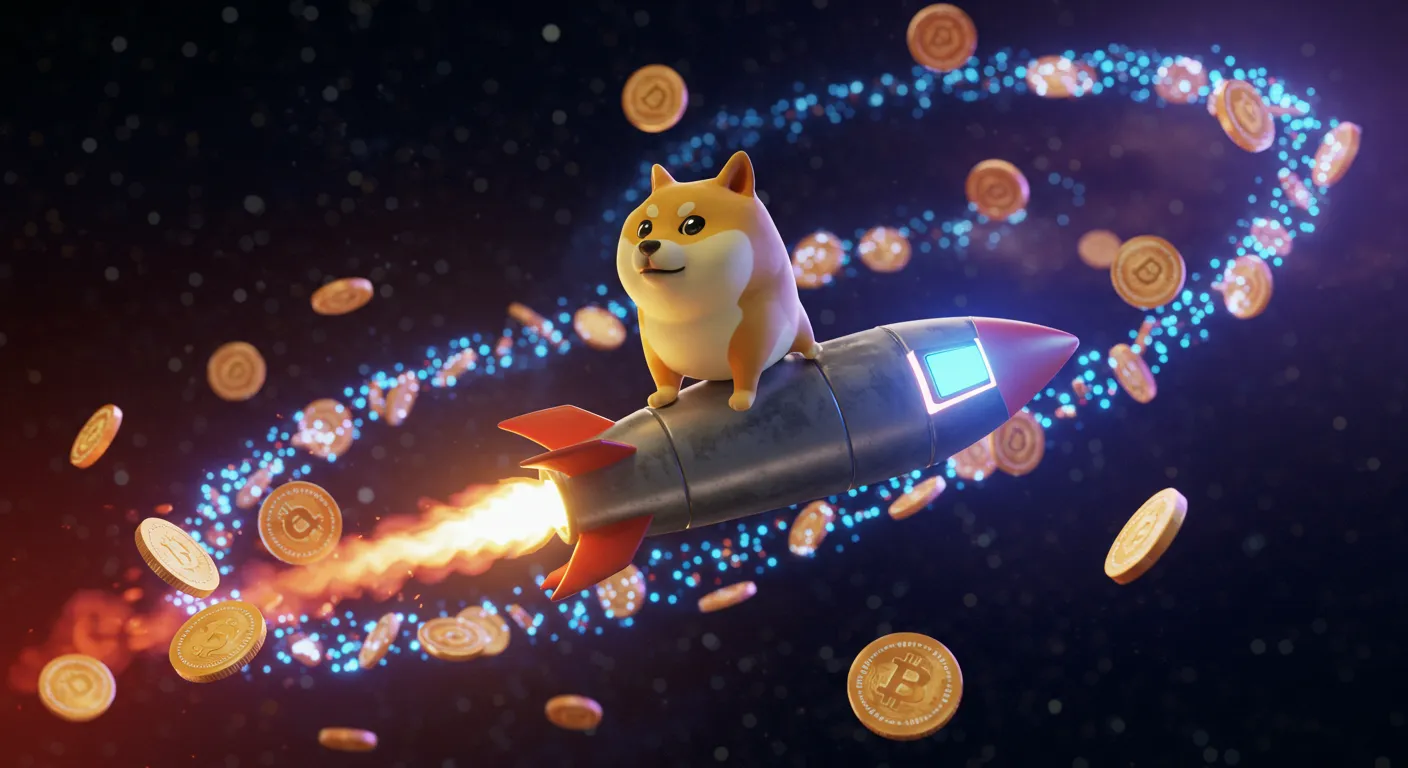It started as a joke. Let’s not forget that. It was literally a picture of a dog, a funny-sounding word, and two software engineers who, in 2013, thought the world of cryptocurrency was taking itself far too seriously. They wanted to create something fun, something friendly. What happened next is one of the most wonderfully bizarre stories in the history of technology.
That joke, Dogecoin, refused to die. Instead, it grew a heart. It became the native currency of a massive, chaotic, and incredibly generous global community. And in doing so, it accidentally became the perfect tool for a culture we’re all starting to rediscover: peer-to-peer connection.
Think about most cryptocurrencies. They feel serious, heavy, like financial instruments. They are digital spreadsheets and calculators. Dogecoin is different. Dogecoin is like digital cash at a giant, friendly block party. You don't use it to build complex financial derivatives; you use it to buy a friend a hot dog, tip a musician who played a great song, or toss a few coins into a donation bucket for a good cause.
The true genius of Dogecoin is that its lack of seriousness *is* its greatest strength. It’s approachable. It’s not intimidating. You don’t feel like you’re making a serious financial investment when you tip someone 10 DOGE for a funny meme. You’re just participating. And because the fees are practically zero, you *can* send tiny amounts without a second thought. It's the world's first truly usable digital pocket change.
This is where the opportunity for builders and creators comes in, but the mindset has to be different. You're not building a bank; you're building a tip jar. You're not creating a formal payment system; you're creating a digital high-five.
The tools are straightforward. You use Dogecoin’s core APIs to create simple ways for this value to move between people. Imagine a simple bot on Reddit or X that lets you tip a user directly for a great comment. Think of a Twitch extension that lets viewers 'make it rain' Dogecoin on a streamer after an amazing play, or a simple QR code a charity can post to collect donations for a cause.
These aren't earth-shatteringly complex applications. They are simple, human tools designed for one purpose: to facilitate a direct connection between two people. They are tools for appreciation, for laughter, and for kindness.
Dogecoin reminds us that not everything on the blockchain has to be about revolutionizing finance or building a new internet. Sometimes, it can just be about connecting people. It’s about doing only good everyday. In a world of overly serious technology, building simple tools that let people share a smile, a thank you, or a small act of generosity might be the most revolutionary act of all.

